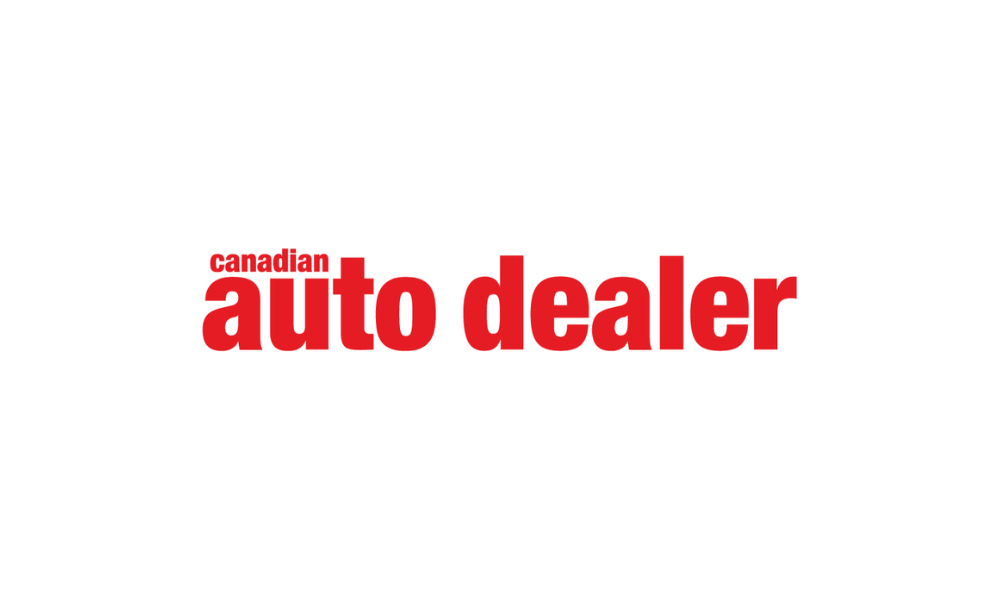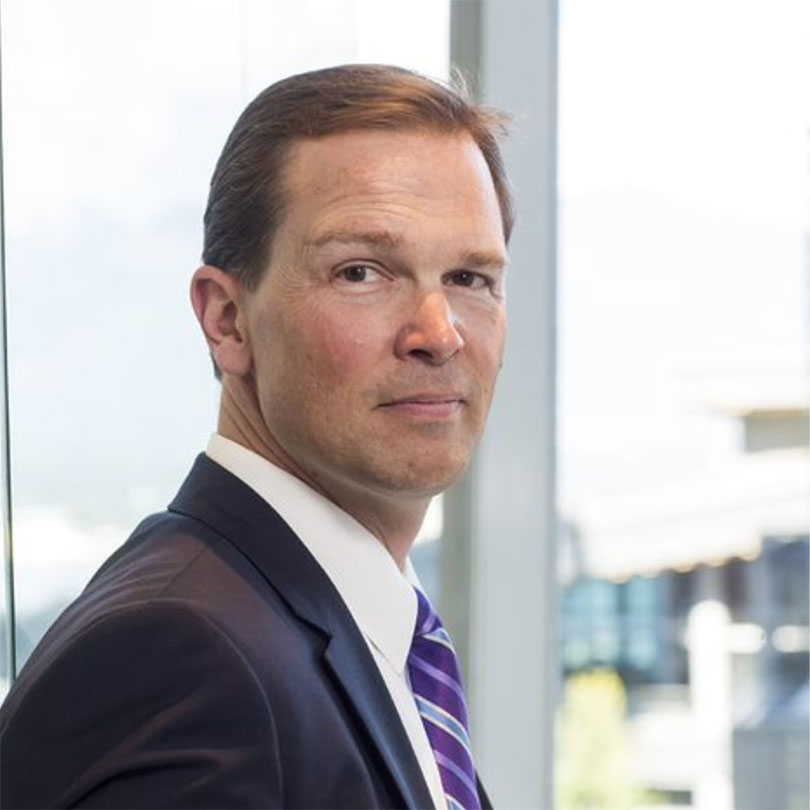As originally appeared on UN Global Compact Fund via LinkedIn on February 29, 2024.
On 13 February 2024, together with our Hosting Sponsor, LGM Financial Services, we hosted a side event during the GLOBE Series Forum, titled “Pathways to Parity: Leveraging DEI as a Sustainability Solution”. This gathering convened sustainability leaders, DEI practitioners, as well as Canadian Participants of the UN Global Compact to analyze the current status of gender equity, diversity, and inclusion in Canadian workplaces while exploring strategies to embed an equity lens across sustainability initiatives.
Our Executive Director, Elizabeth Dove, MM, ESG-P, and Drew Collier, CPA(CMA), MBA, CEO of LGM Financial Services, initiated the discussion by delving into the intricate intersectionalities of DEI, gender equity, and the battle against climate change. Their opening remarks illuminated the profound interconnectedness between environmental and social sustainability efforts for Canadian businesses.
The private sector has a vital role in delivering gender-responsive and inclusive solutions to cultivate a greener and fairer world by 2030. However, women and members of other equity-deserving groups (racialized people, those with disabilities, Indigenous people, the LGBTIQ2S+ community, etc.) remain underrepresented in sustainability initiatives, notably in efforts to ensure climate justice, strong institutions, and sustainable economic growth, yet they are disproportionately affected by these issues. Recognizing that expertise, innovations, and leadership from those who are most adversely affected by sustainability challenges are crucial, businesses and organizations must amplify the voices of individuals from equity-deserving groups. By doing so, they can uncover equitable solutions to the toughest sustainability challenges and nurture a future that is regenerative and inclusive.
Empowering Underrepresented Voices: Redefining Participation in Corporate Sustainability
Moderated by Elizabeth Dove, MM, ESG-P, the fireside chat featuring Drew Collier, CPA(CMA), MBA, CEO of LGM Financial Services, Maya Colombani, Chief Sustainability and Human Rights Officer of L’Oréal Canada, and Patrice Mousseau, founder and CEO of Satya Organic Skin Care, revealed a wealth of insights on embedding DEI in sustainable business practices.Meaningful participation in corporate sustainability strategy transcends mere representation; it demands active engagement and the inclusion of diverse voices that challenge the status quo. It is not just about having a seat at the table, but ensuring that every perspective at that table, especially those of equity-deserving groups, is heard and valued.
One practical technique to ensure DEI in your practices and panels is to ask yourself if it makes you uncomfortable to have certain individuals present. Embracing this discomfort as a sign of progress is key. True participation involves empowering underrepresented groups and recognizing the transformative power of collective action, leveraging the full spectrum of human experience to chart a path toward a more sustainable and equitable future. Ultimately, meaningful participation fosters innovation, resilience, and sustainable progress, creating an inclusive corporate landscape and adept at effectively addressing complex sustainability challenges.
Breaking the Dichotomy of Diversity and Growth: Moving Forward Faster, Together
Accelerating corporate sustainability requires a seamless integration of speed and inclusivity. Businesses and organizations must not only strive to advance swiftly but also ensure that diverse voices are heard at the decision-making table. Dialogue, compassion, and understanding form the foundation of this transformative process. Furthermore, acknowledging and respecting vulnerabilities opens doors to authentic connections, nurturing trust and collaboration across varied backgrounds and experiences.
However, while the impulse toward rapid progress may be strong, businesses must also heed the wisdom of slowing down when necessary. This includes scrutinizing the unchecked growth of monopolies and committing to sustainable pathways to success. By embracing both urgency and inclusivity, we can propel corporate sustainability forward at a pace that is both rapid and enduring, leaving a lasting positive impact on future generations.
Advancing the 50 – 30 Challenge: Leveraging Your Diversity Advantage
Our colleagues, Nada Khan and Shanul Kazi (She / Her), facilitated a 50 – 30 Challengeexercise about power and privilege with attending guests. The results reveal that every privilege is an extension of being free from discrimination and that freedom from discrimination based on one’s identity is an end goal of DEI initiatives and a fundamental concept of human rights. This rings a bell for participants to reflect on their own power and privilege, and how to use critical reflection to dismantle systems of oppression or discrimination to create an inclusive and equitable workplace.
During the fireside chat, panellists emphasized that commitment to the 50 – 30 Challengefosters an organizational shift towards a more sustainable business model rooted in inclusivity and innovation. Recognizing that diverse perspectives fuel progress and change, businesses unlock the potential for groundbreaking innovation by prioritizing the representation of equity-deserving groups.
The impact extends beyond the confines of corporate walls to supply chains and a broader system. For instance, L’Oréal has initiatives focused on building a responsible supply chain from a climate and gender equity perspective. By partnering with women in Burkina Faso for shea butter sourcing at fair trade prices, L’Oréal not only empowers marginalized communities but also nourishes economic growth and stability in regions where women face barriers to participation. Through collaboration with women-led businesses, companies can contribute to cultivating equality while also creating sustainable and innovative systems.
Regardless of size, every organization can affect meaningful change. From multinational corporations to SMEs, the sustainability journey begins with a conscious integration of inclusive and eco-conscious values into the very fabric of strategies and operations. Whether it’s adopting reusable containers or prioritizing gender-responsive recruitment, businesses not only advance their sustainability endeavours but also enhance their resilience and competitive edge.
WAGE Project in a Nutshell: Pioneering Gender Equality in the Private Sector
Our colleagues, Brittany Gataveckas, PhD and Wynnie Zhao, delivered an insightful glimpse into the three-year project funded by WAGE / FEGC, dedicated to advancing gender equality, diversity, and inclusion in the private sector. Through a comprehensive approach encompassing consultation sessions, case study development, and testing the Target Gender Equality program, the project aimed to amplify the voices of women, non-binary individuals, and equity-deserving groups in the post-pandemic recovery.
Key insights from the project highlighted the defining characteristics of leading organizations, emphasizing the importance of leadership buy-in, supportive organizational culture, data-driven decision-making, alignment with global standards, intersectionality, adaptability, and collaboration. Additionally, embedding equity into a company’s mission, vision, and values was identified as crucial for creating impactful societal change. A holistic and tailored approach to gender equity, along with patience and celebration of small wins, was emphasized as essential in the journey toward sustainable and systemic change. Finally, aligning Environmental, Social, and Governance strategies (ESG) with DEI efforts was underscored as integral to driving system change.
Key Takeaways: Build an Equitable, Inclusive, and Regenerative Future Together
Through dynamic discussions and real-world examples, the event underscored the interconnectedness of social and environmental sustainability efforts, emphasizing the imperative of amplifying underrepresented voices to stimulate innovation and drive meaningful change. From infusing inclusivity into corporate sustainability strategies to breaking down barriers through open dialogue, the event sheds light on the collective action required to shape a fairer and more resilient tomorrow.
As companies and organizations chart their course in the sustainability landscape, the integration of DEI principles emerges not merely as a moral imperative but as an essential pillar for driving long-term success and social impact. With forward thinkers, doers, builders, changers, movers, and leaders, we move forward faster toward an equitable, inclusive, and regenerative future together.


